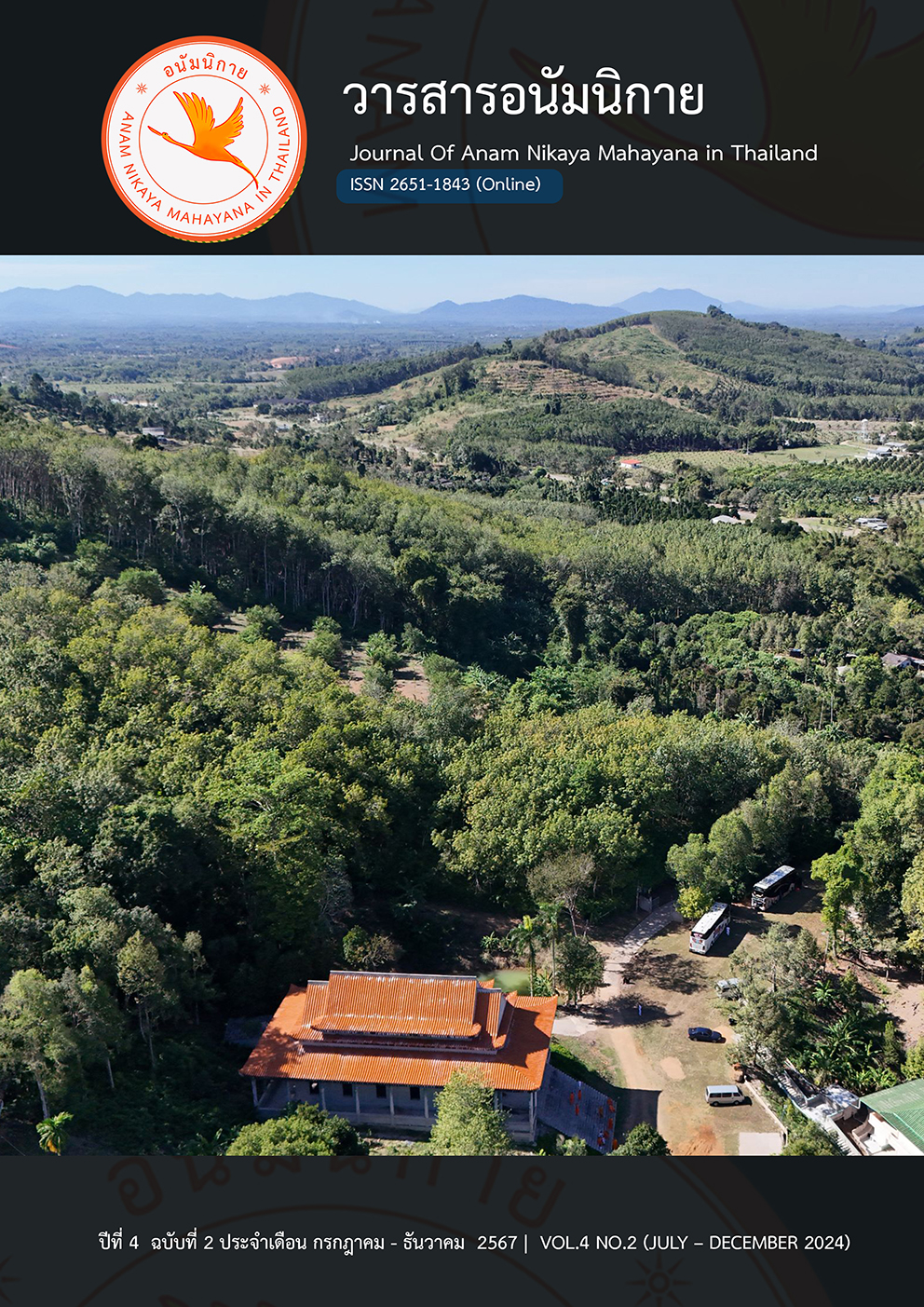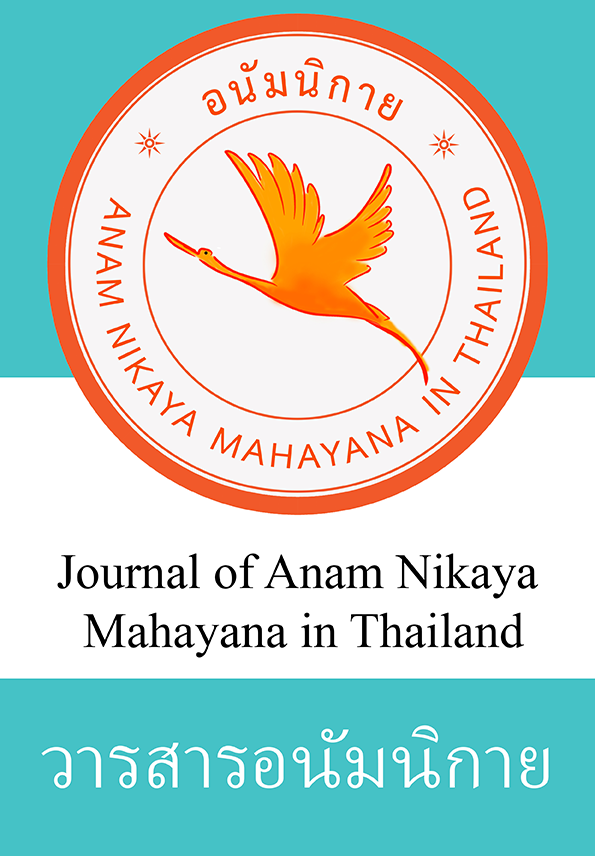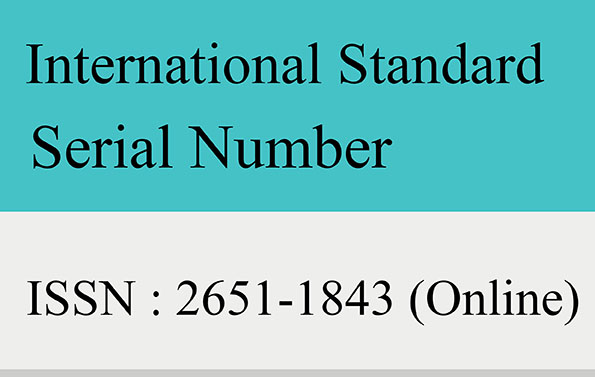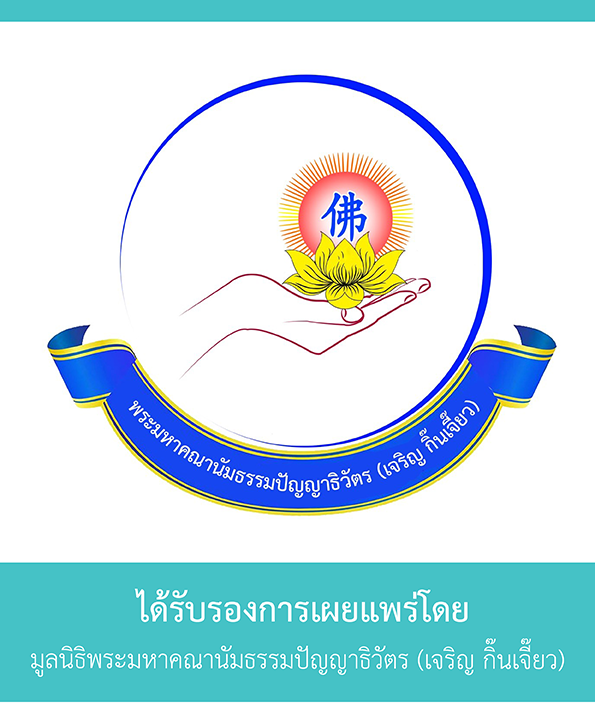MODERN BUDDHIST SCHOOL ADMINISTRATION STRATEGY: INTEGRATING BUDDHIST STUDIES WITH EDUCATIONAL QUALITY AND NETWORKS OF COOPERATION IN VARIOUS SECTORS
MODERN BUDDHIST SCHOOL ADMINISTRATION STRATEGY: INTEGRATING BUDDHIST STUDIES WITH EDUCATIONAL QUALITY AND NETWORKS OF COOPERATION IN VARIOUS SECTORS
Keywords:
Buddhist Pariyatti School Administration, Buddhist Studies, Quality Education, Collaborative Networks, Good GovernanceAbstract
Buddhist Pariyatti schools play a critical role in disseminating Buddhist teachings and moral values to monks, novices, and youth, thereby preserving cultural and spiritual heritage. However, today’s rapidly changing social, economic, cultural, and technological landscapes compel these schools to adopt more modern and strategic management approaches. This article proposes integrating Buddhist religious studies with quality-oriented education management and fostering collaborative networks with various sectors—communities, temples, government agencies, the private sector, and international organizations. By applying the principles of good governance, ethical leadership, comprehensive curriculum development, teacher capacity building, and information technology utilization, schools can enhance student learning outcomes in both academic excellence and moral integrity. Such holistic strategies ensure the sustainable preservation of Buddhist values while remaining relevant to contemporary society.










